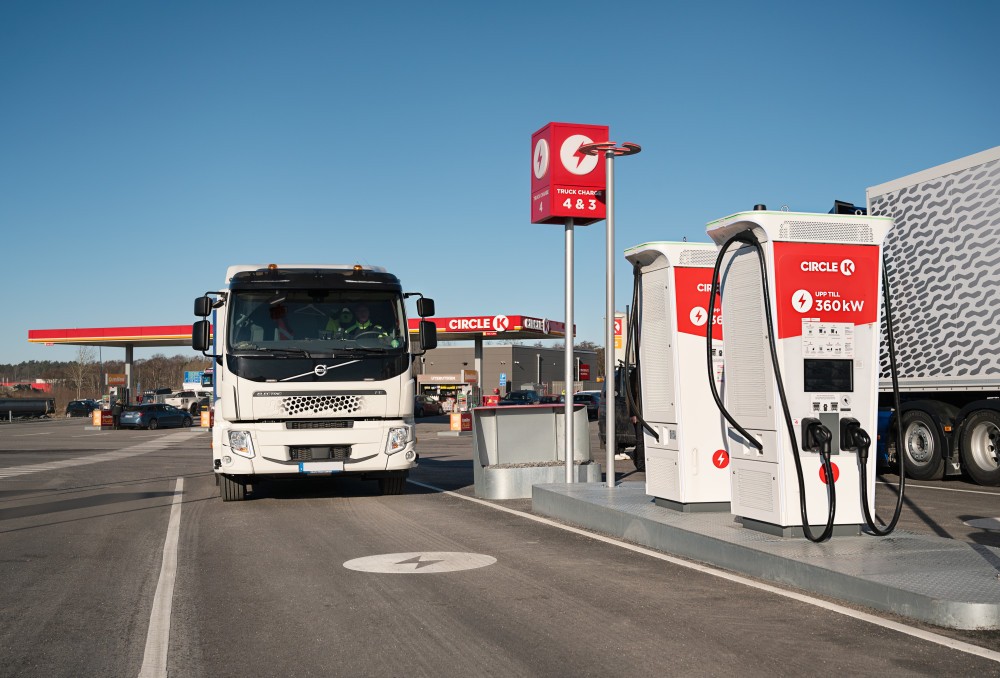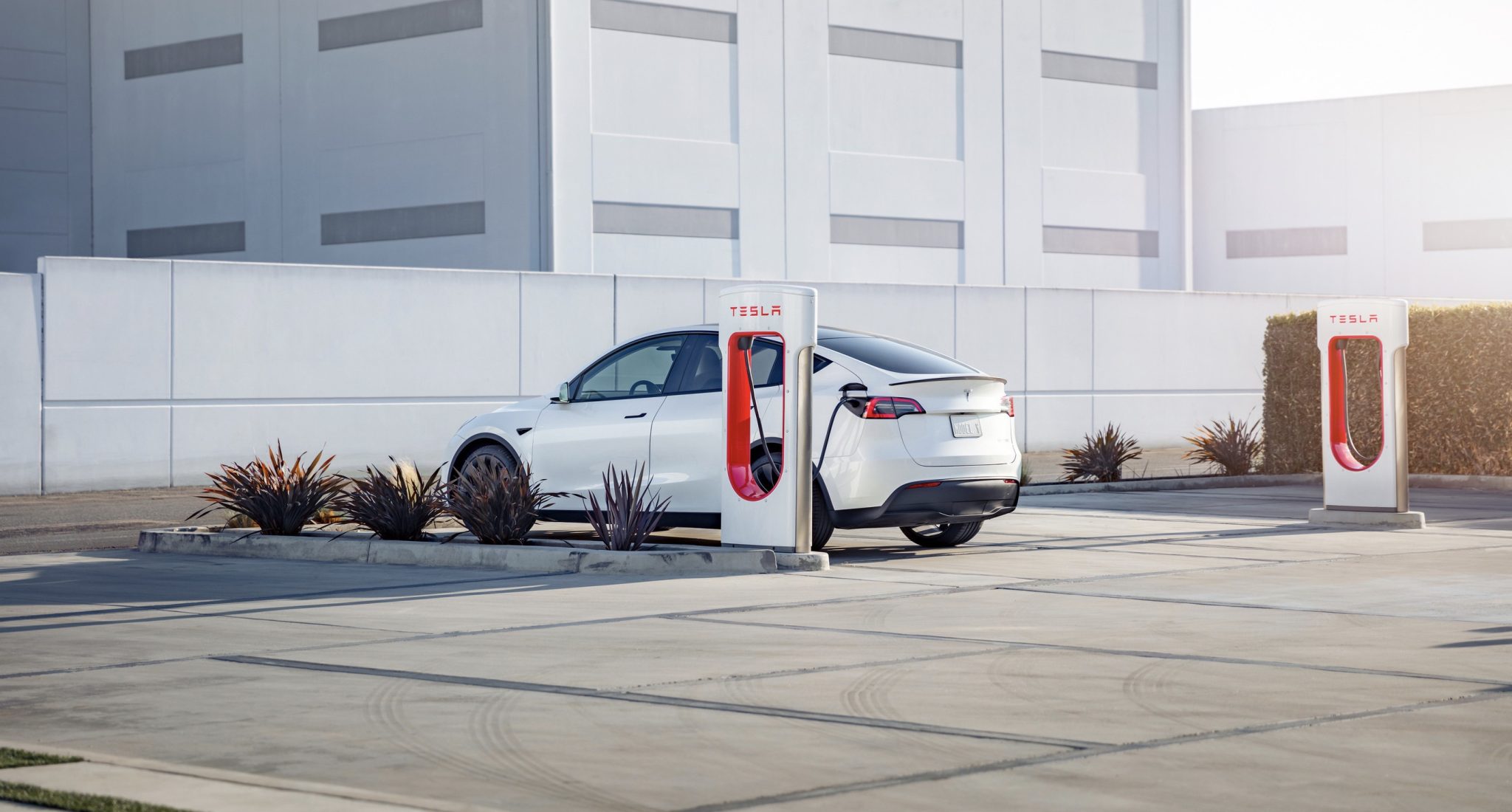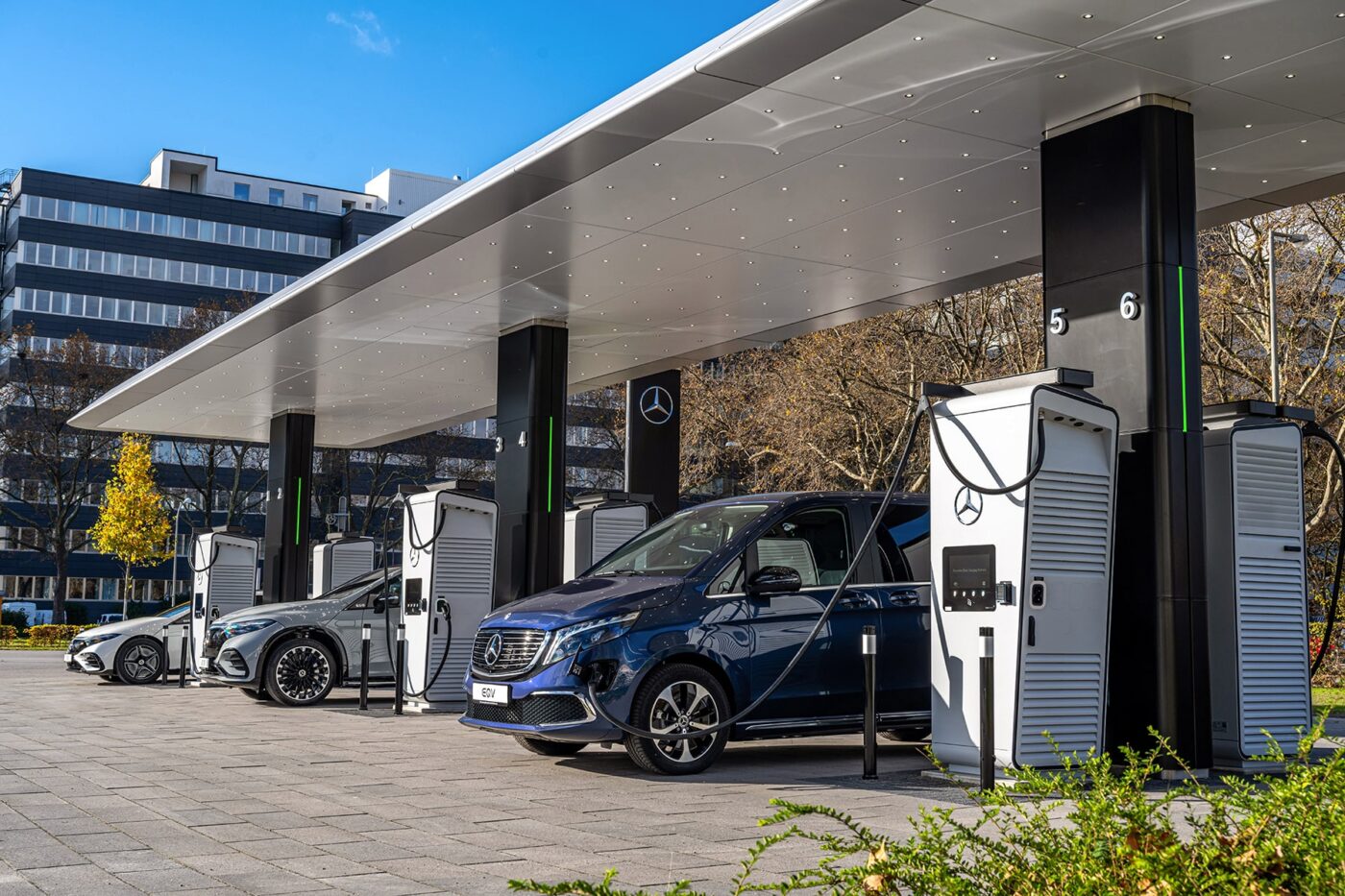International convenience store chain Circle K has unveiled an extension of its heavy-duty vehicle charging infrastructure in Sweden, introducing 16 additional charge points across five locations strategically positioned along key transit routes. The new facilities, situated in Hudiksvall, Mantorp, Malmö, Spillepengen, and Bollebygd, contribute to the growing network of truck charging hubs in the country.
Operational at up to 360 kW, these charging stations are equipped to serve the increasing demand for electric truck charging. Circle K, known for repurposing its rest stops, provides additional amenities such as shops and bathrooms, along with secure parking serving as a daytime rest area.
The Swedish Energy Agency has supported the financing of these new charging stations through the Regional Electrification Pilots for Heavy Transport initiative. The exact investment figures from both the agency and Circle K remain undisclosed.
Circle K previously expanded its electric truck charging infrastructure in June, opening 20 new charging points, adding to the 14 installed earlier in 2023 at locations including the Port of Gothenburg, Kiruna, Gällivare, and Arvidsjaur. With a commitment to further growth, the company aims to operate 90 charging stations in Sweden by next year.
In addition to the 360 kW chargers, Circle K has plans to deploy two-megawatt chargers and introduce hydrogen services at selected locations under the E-Charge project, partially funded by the Swedish government agency Vinnova.
Lennart Olsson, in charge of heavy traffic charging at Circle K, expressed the company’s leadership in advancing charging infrastructure for heavy vehicles, citing ongoing efforts to stay at the forefront of industry developments.
While Circle K leads in providing fast chargers for electric trucks in Sweden, the port of Gothenburg has also implemented four charging points with a capacity of up to 350 kW. Notably, the Port of Antwerp-Bruges has enlisted Milence to install truck charging facilities with outputs of up to 400 kW per charger, aligning with the broader trend of prioritizing electric trucks in port operations.







